Human Language as a Natural Artifact of Planetary-Noospheric Mind: Coevolutionary-Macromutational Reinterpretation
DOI :
https://doi.org/10.34069/AI/2020.34.10.2Mots-clés :
natural artifacts, human language, anthropogenesis, noospherogenesis, coevolution, macromutationRésumé
The article discusses a new hypothesis of coevolutionary-macromutational origin of human language, through the prism of which this planetary-noospheric phenomenon is proposed to be considered as a natural artifact of holisticsynergetic coevolution of nature, society and culture. The following assumption has been suggested: the proposed hypothetical idea is a resonance of the former two philosophical theories: the fusion theory and the thesis theory, which were regarded by scientists either as natural or artificial (conventional / conditional) nature of human language. At the same time, they did not completely deny the origin of the human language as a result of various types of activities. The represented arguments helped to confirm the views of anthropologists, culturologists and other scholars. The creation of various artifacts (tangible and intangible) took place in all stages of evolution: geogenesis – biogenesis – psychogenesis – anthropogenesis and at a subsequent stage of Homo sapiens. However, language as the most important product of global evolutionism was formed at the stage of anthropogenesis, in particular as a corollary to the molecular mutations of human brain. The term “coevolution” has been transferred to the sphere of linguoanthropogenesis. In conjunction with the hypothesis of macromutation the natural artifact origin of human language is consistently explained under the scenario of biogenesis – sociogenesis – culturogenesis. The essence of the hypothetical result is that a qualitatively new driving force for the continuation of this scenario can be noospherogenesis, which is determined by historical and cultural development of mankind, its activities in all spheres of life and, most importantly, by the planetary high-tech mind.
Téléchargements
Références
Belov, Ye. A. (2014). Artifact as a structural unit of culture (doctoral thesis) Tyumen State University. Tyumen. 22 p.
Bickerton, D. (1990). Language & species. University of Chicago Press. 297 p.
Bordes, F. (1968). The Paleolithic in the world. Paris: Hachette, The Universe of Knowledge, 256 p.
Burlak, S. A. (2011). Origin of Language: Facts, Research, Hypotheses. Moscow: Astrel: CORPUS. 464 s.
Calvin, W. H. (1993). The unitary hypothesis: A common neural circuitry for novel manipulations, language, plan-ahead, and throwing? In K. R. Gibson & T. Ingold (eds.), Tools, language and cognition in human evolution. Cambridge University Press. p. 230-250.
Chomsky, N. (1984). Modular Approaches to the Study of the Mind. San Diego. 113 p.
Chomsky, N. (2000). The Architecture of Language. New Delhi, Oxford & New York: Oxford University Press. 89 p.
Deacon, T. (1997). The Symbolic Species: The Co-evolution of Language and the Brain. N. Y: Times Book Review. 527 p.
Enard, W., Przeworski, M., Fisher, S. E. (2000). Molecular evolution of FOXP2, a gene involved in speech and language. Nature, 418 (6900). 869-872. DOI: 10.1038/nature01025.
Frankl, V. (1990). A man in search of meaning. Moscow: Progress. 372 s.
Gurevich, P. S. (2000). Philosophy of culture. M.: Nota bene. 352 s.
Kapranov, Y. (2018). Hypothetical Versions on Antropogenesis Localization of the First Populations of the Homo. Logos. Vilnius. 94, p. 149–158. DOI: 10.24101/logos.2018.15
Korolyova, A. (2018). Reconstruction of Early Migration Routes of Homo Populations. Logos. Vilnius. 94. P. 159–166. DOI: 10.24101/logos.2018.16
Kozintsev, A. G. (2004). The origin of language: new facts and theories. Theoretical problems of linguistics. 140 years of the Department of General Linguistics. SPb.: Publishing house of SPbGU, pp. 35-50.
Krause, J., Lalueza-Fox, C., Orlando, L. (2007). The derived FOXP2 variant of modern humans was shared with Neandertals. Current Biology, 17(21), pp. 1908-1912. DOI: 10.1016/j.cub.2007.10.008.
Leroy, E. (1928). Human origins and the evolution of intelligence. Boivin & Cie. 375 p.
Merkulov, I. P. (2005). Cognitive abilities. Moscow: IF RAN, p. 182.
Oleynikov, Yu. V., Onosov, A. A. (1999). Noospheric project of socio-natural evolution. Moscow: In-t filosofii RAN, p. 210.
Teilhard de Chardin, P. (1987). Human phenomenon; per. s fr. N. A. Sadovskogo. Moscow: Nauka, p. 239.
Tolcheyeva, T. S. (2009). Significant artifacts yak the structure of the symbolic representation of ethnical evidence: monograph. TS Tolcheêva. K.: Vid. tsentr KNLU, p. 286.
Vernadskiy, V. I. (1944). A few words about the noosphere. Advances in modern biology. ? 18 (2), pp. 113-120.
Zubov, A. A. (2011). Formation and initial settlement of the genus Homo. SPb.: Aleteyya, p. 224.




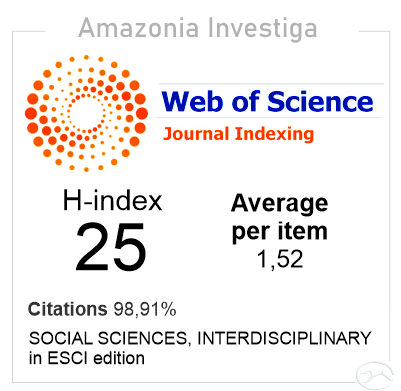







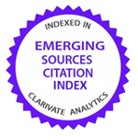
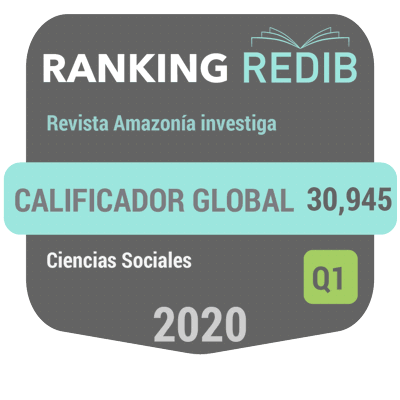









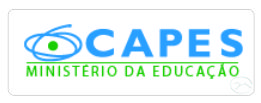










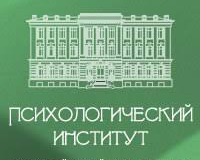












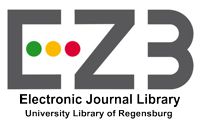

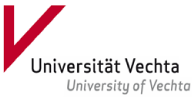



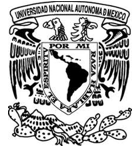











.gif)






